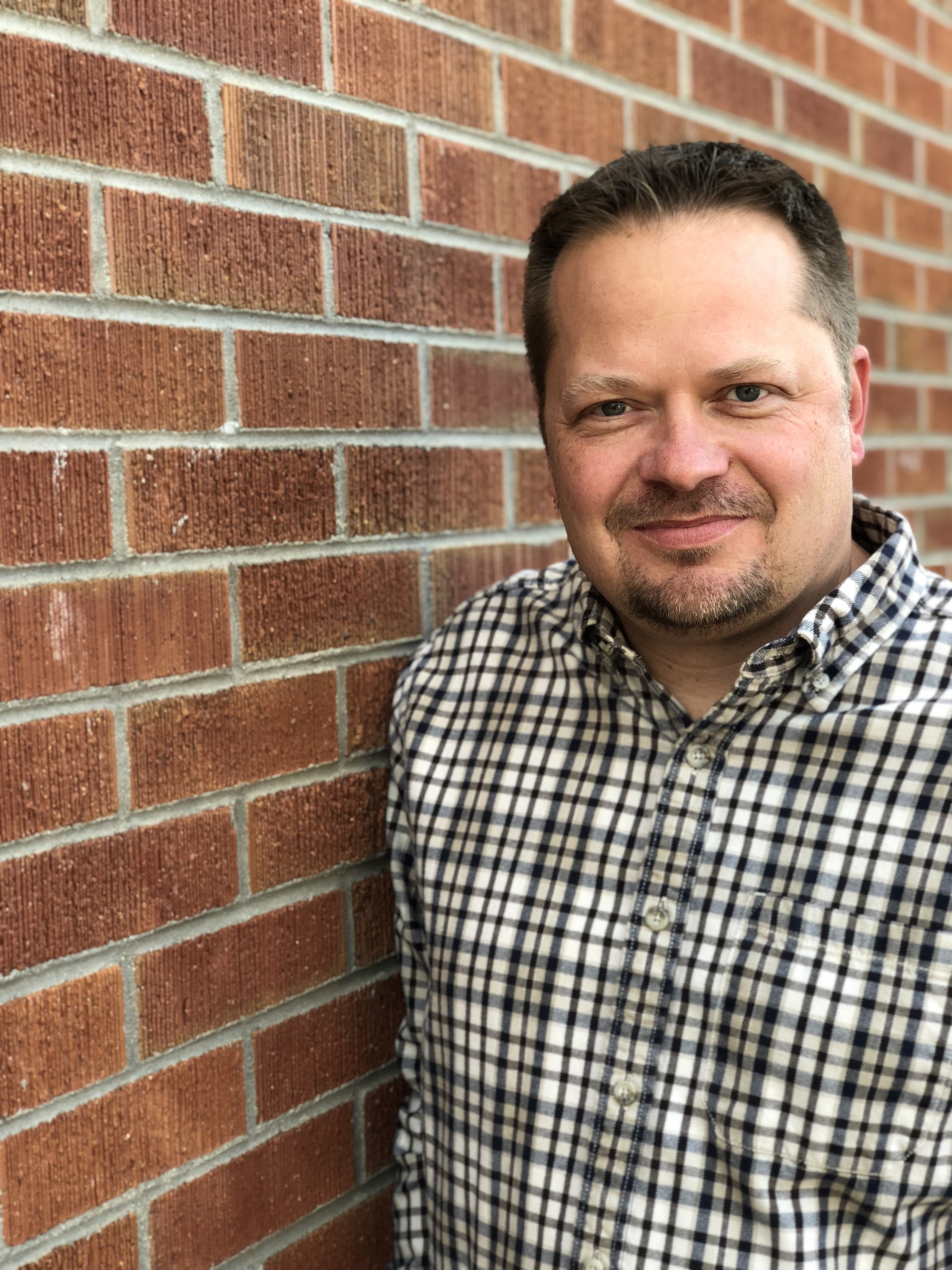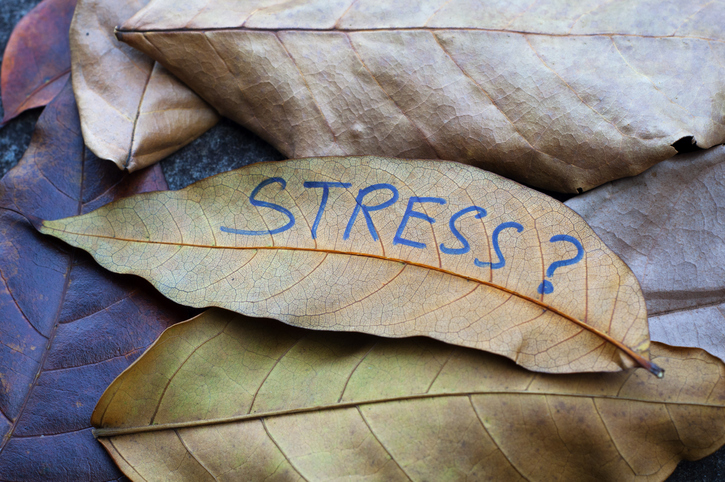In my last article, I opened up the topic of Coping Mechanisms and talked about some of the ways we cope with stress and just life in general in negative ways. I posed a number of questions to help you to analyze the behaviors that you are coping with and cast a little vision for some different choices. In this article, we will dig into some positive coping mechanisms.
Positive Coping Mechanisms
Generally speaking, coping isn’t a bad thing. We have all kinds of things thrown at us every day… work stress, family dynamics, emotional distress, etc… These are simply part of life. Add to this all of the chaos we’ve been experiencing over the past year with a pandemic, a very divisive election, and general social unrest, and we are all seeking ways to escape reality.
As I said, not all coping is bad. It is when we repeatedly choose to escape our “real lives” that we can get into trouble. Of course, some of those negative copers can be pretty unhealthy choices in and of themselves, such as pornography or drug usage.
We have it within our power to choose some positive ways of coping with stress. Sometimes we really do need a break from the responsibilities and pressures that can come bearing down on us. Some means of escape can actually help us to take a break and come back with a greater capacity for facing challenging circumstances.
Some options…
Over the past few years, I have found that getting outside and taking a walk is a really helpful thing for me to do. I can clear my head a bit, move my body, and soak up some sunshine. Even stepping outside for a short 10-15 minute stroll can clear the cobwebs out of my brain and help me return to a work project with fresh eyes. Taking a walk often gives me a boost of energy that helps me to connect relationally with my friends and family too.
When the source of stress that is causing me to want to escape is some type of conflict in a relationship, I find that pressing into that conflict, rather than running away often helps. Letting things cool down a little can be helpful, but some conflicts can’t be resolved immediately. If pressed too hard and too soon, the conflict can even get worse. If this is the case, sometimes journaling can help me to process my feelings and helps me to prepare for when the time is right to meet with the other person. Journaling allows me to stay engaged but at a safe distance.
Another thing I often find helpful is to spend some time educating myself. Rather than just turning to a negative coping mechanism or addictive behavior, picking up a book or reading a story of someone who has had similar struggles can be really encouraging and helpful. It is taking that negative drive towards self destructive choices and channeling that energy into something more constructive. I might even come across some new tools that help me reach my long-term life goals.
How about you?
Here are some questions to ponder about Positive Coping Mechanisms:
- What are some of the positive things that you have in your “wheelhouse” to help you better deal with stress?
- What do you need in place to help you press into that further?
- Are there helpful things that have worked for you in the past that you have dropped along the way?
- What brings you joy and helps you to take a mini break from the painful, stressful things in your life?
- What gives you the energy to reengage in your work and relationships, without degrading those very goals?
We are all trying to be better, or we are at least wanting to be better and live healthier lives. The ways that we choose to cope with the challenging circumstances in our lives can help us move in the right direction or further away from our goals. Let’s make good choices together!

Roger Jones
Executive Director
Roger began working with WGA in October of 1996 as the Assistant office Manager. Since that time, he has worn many hats and served in several different positions, including Assistant Program Director and Operations Director. In April of 2007, Roger assumed the position of Executive Director.
Roger attended West Texas A&M University, where he studied Music Business. Much of his training has been “on the job,” where he was mentored by the ministry’s Founder, Mary Heathman, and the Program Director, Scott Kingry. He holds a BA from West Texas A&M University.
Roger, his wife Jill, and their daughter Julia and son William, attend Celebration Community Church where Jill serves as Senior Pastor.
Make a Difference in Someone's Life
If you enjoy reading WGA’s blogs and would like to show your support, please consider making a donation. Where Grace Abounds is a 501(c)3 non-profit organization. The majority of services, including support groups and discipleship counseling, are provided free of charge. Your financial gifts help to cover the costs associated with offering a free program to those who seek WGA’s services.

